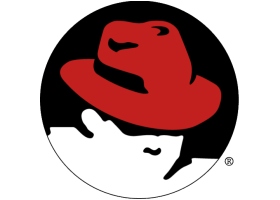Red Hat joins European open platform telecoms project
OPUCE project to produce next generation open standards-based telecoms service delivery platform.

Linux giant Red Hat has announced that it has joined the European Community-based project to create an open platform for next generation telecoms services.
The Open Platform for User-Centric Service Creation and Execution (OPUCE) project comprises software and operating system developers. Telecoms operators and hardware providers that are collaborating to produce a platform for the industry to use as a base for offering future voice, video and IP products and services across the EU.
OPUCE will produce an open infrastructure platform that allows for simplified creation and deployment of telephony and related services. Red Hat is contributing its distribution of the open source Linux operating system, as well as its JBoss middleware technology to the project.
Red Hat joins other companies including Spanish telco Telefonica and Italian communications giant Telecom Italia, hardware makers Ericsson and Huawei.
"The project is all about defining the next generation of open standards-based service delivery platforms for the telecoms industry" said Tim Yeaton, general manager of enterprise solutions at Red Hat. "Telecoms operators and service providers are increasingly involved in a variety of services and content types from video to IP telephony, and are committed to investing in their infrastructure to delivery these services. But in order to do this they want open platforms, reliability and interoperability".
The telecoms industry has traditionally been embedded in the Unix market, but the increasing popularity and reliability of Linux systems and the appeal of open source software and lower costs associated with open systems is proving to be a major incentive for European telecoms operators to develop their future systems around Linux technology rather than Unix or Windows.
"Projects like OPUCE allow us to demonstrate the virtues of open platforms and the open source development model, as well as providing us with an insight into how telecoms infrastructure and services will be defined and deployed in the future" said Yeaton.
Sign up today and you will receive a free copy of our Future Focus 2025 report - the leading guidance on AI, cybersecurity and other IT challenges as per 700+ senior executives

